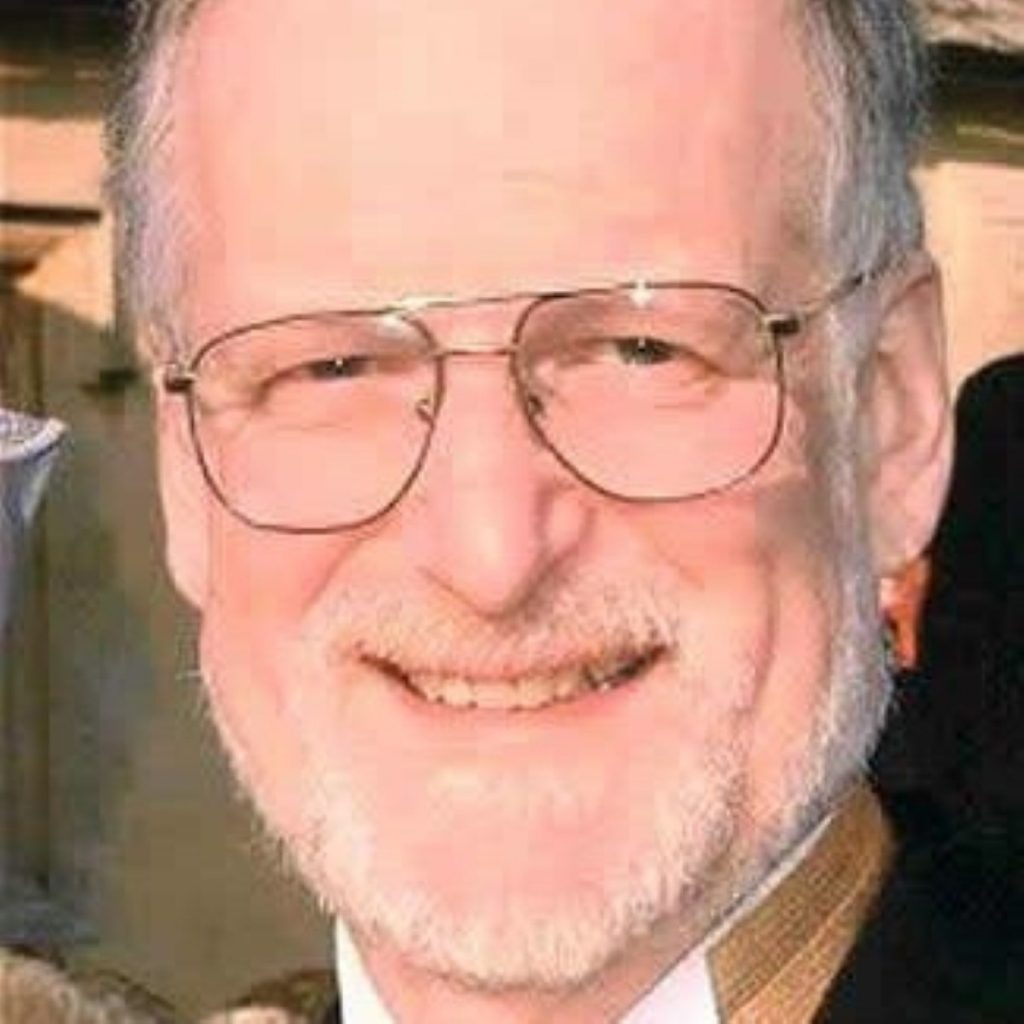Tough questions for Ministry of Defence official
Dr David Kelly’s family barrister has questioned Martin Howard, the MoD’s deputy director of defence intelligence, on Tuesday about events leading up to the scientist’s apparent suicide in July.
The lawyer for the Kelly family suggested that the Ministry of Defence treated Dr Kelly “shabbily”.
Facing cross-examination before the Hutton Inquiry into the death of the Iraq arms expert, Mr Howard denied the charge and insisted the government had not deliberately tried to name Dr Kelly covertly as the source for a BBC report about allegations of weapons intelligence tampering in the lead up to war in Iraq.
Mr Howard is the first witness to face cross-examination before Lord Hutton’s inquiry.


Quizzed by Kelly family barrister Jeremy Gompertz QC, Mr Howard said he had given factual details from his interviews of Dr Kelly to officials drawing up a Ministry of Defence statement about Dr Kelly’s contact with BBC defence correspondent Andrew Gilligan.
Mr Gompertz QC suggested that the government’s strategy for naming Dr Kelly “amounted to a parlour game for journalists… a form perhaps of 20 questions, though 21 in the case of the Times”.
Mr Howard denied this, saying: “We are not responsible for how the media put their questions to the press office.”
The inquiry heard that early drafts of a question and answer sheet for press officers regarding the ‘source’ for the BBC story, read, “there is nothing to gain by revealing the name”.
However, the final version said: “If the correct name is given, we can confirm it”.
Mr Gompertz QC suggested the information in the press statement, the question and answer sheet and Downing Street briefings had meant, “any able journalist with a little research would be able to identify Dr Kelly”.
Mr Howard replied that the details that emerged might have helped but would not inevitably have been the only way to identify Dr Kelly. He added that Dr Kelly had agreed to a draft of the press statement and had been aware that his name would probably come out.
Earlier pathologist Nicholas Hunt told the inquiry that Dr Kelly’s injuries looked to be self-inflicted. He explained that there had been at least five cuts on Dr Kelly’s wrist, typical of self-inflicted injury, and there were no signs of defensive injuries or of the scientist being restrained, strangled or dragged to the spot in Oxfordshire woodland in which his body was discovered.
Dr Hunt said the major cause of the scientist’s death were the wounds to his wrist, the overdose of prescription painkiller Coproxamol he had taken and the narrowing of arteries to his heart.
He estimated that Dr Kelly died between 1615 BST on July 17th – about an hour after he went missing – and 0115 on July 18th.
Dr Kelly apparently committed suicide after being named as the source of a BBC report claiming that the government’s September dossier on Iraqi weapons had been ‘sexed up’ to provide a stronger case for war.
Tomorrow sees the return of BBC defence correspondent Andrew Gilligan and BBC news director Richard Sambrook before the inquiry panel.












